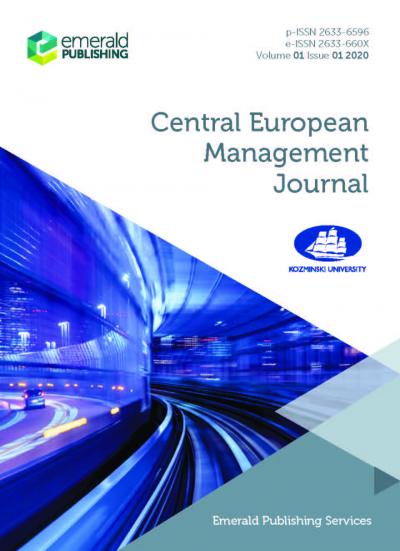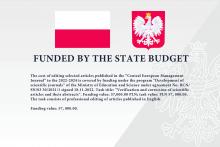Purpose: The aim of the study is to evaluate the influence of team project experiences of students (presence and role of a leader; fairness in team projects; conditions supporting teamwork created by a university) on their attitudes towards teamwork, especially the perception of teamwork effectiveness and the preference of working in teams.
Methodology: In the study the quantitative research was done among master degree Polish students of Management (105 questionnaires). The measures used for the study were developed specifcally for the study referring to the previous research in the feld.
Findings: Results indicate that leaders in team projects and conditions supporting teamwork are connected with the students’ perception of teamwork effectiveness, while the fairness in team projects is connected with students’ preference of working collectively.
Research implications: We conclude that in order to develop a positive attitude towards teamwork, the teamwork projects should be better supported by the instructors (especially supporting the emergence of leader(s) and minimising the problem of free riders) and the university should create a climate that facilitates teamworking, otherwise team projects might negatively influence students’ attitude towards collective work.
Value: On the labour market the teamwork skills are one of the most important skills of employees, as the team-based organizational designs are becoming the norm in work organization. The study is contributing to the understanding of the relations between student experiences and their attitudes as well as the role played by high education in the development of these attitudes. Some previous research in Anglo-Saxon culture countries indicate that team project assignments realised by students during studies might even hinder their attitudes to teamwork and their willingness to work in teams in the future.





